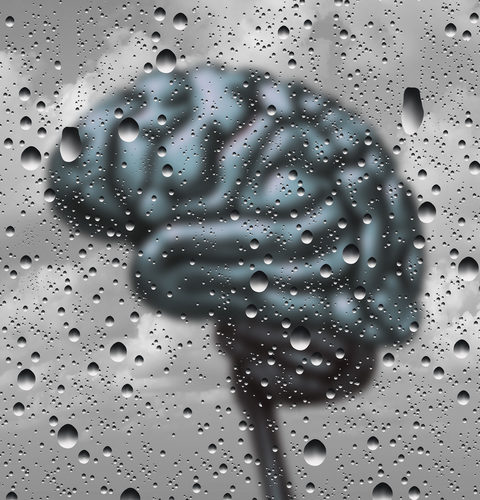Sedative drugs have been used for decades to treat medical conditions like narcolepsy, epilepsy and anxiety. Barbiturates and benzodiazepines like Amytal, Seconal, Ativan and Xanax are all classified as sedatives, as are Quaaludes or “ludes” and tranquilizers like meprobamate. Prescription sedatives can be particularly problematic because these drugs are known for being highly addictive. Users quickly build a tolerance and dependence, which means that they will require higher doses to achieve desired effects and will eventually rely on it to manage withdrawal symptoms on a daily basis.
A 2013 study found that Xanax and sleep aid Ambien were among the five most commonly prescribed psychoactive drugs in the country, and estimated that 8 percent of American adults were prescribed a sedative, anti-anxiety drug or tranquilizer. As prescription rates climb, the amount of these drugs available to the general public increases, making them easier to access for both prescription abuse and recreational abuse.
SEDATIVE/HYPNOTIC ADDICTION IN THE BRAIN AND BODY
Some drugs, like amphetamines or cocaine, deliver a high characterized by energy and a burst of euphoria. These drugs are classified as stimulants, because they stimulate your brain cells and result in mental overactivity. Sedatives and hypnotics, however, belong to a class of substances known as depressants — not because they make you depressed, but because they suppress your brain cells, causing a decrease in brain activity. This leads to a high that is often characterized as sleepy or “loopy” — you may become drowsy, slur your speech, become uncoordinated or have fewer social inhibitions.
Sedatives suppress your whole central nervous system, which includes your brain and spinal cord and controls the vast majority of your body’s functions, actions and reactions. When you use a sedative or a tranquilizer to achieve a high, you lower your ability to consciously control your movements and feelings. This can lead to very concerning side effects including memory loss and blackouts, respiratory failure and coma, and overdoses that can become fatal without warning.


TREATING SEDATIVE/HYPNOTIC ADDICTION
Dependence on sedatives, hypnotics and tranquilizers can make recovery from an addiction to these drugs very challenging. Withdrawal symptoms like insomnia, anxiety, nausea, vomiting and even high fevers and seizures can be dangerous to a recovering addict’s health. Detoxing from these drugs should be medically monitored, often with the use of other prescription medications that are intended to make withdrawal less harmful. In many cases, a sedative or hypnotic was initially prescribed to counteract an existing mental health disorder — these situations require an alternative medication or more intensive therapy to manage this along with withdrawal symptoms.
At The Springboard Center in Midland, TX, we offer medical and therapeutic services to meet the needs of every client who enters our program, including:
- Residential treatment
- Intensive outpatient treatment
- Medically-assisted detox
- Family counseling
- Individual and group therapy
We know that your journey to recovery will include obstacles, setbacks and challenges. Our programs are intended to help you create your own path to a substance-free life; a path that you can stick to even when the temptation to relapse becomes stronger. Our compassionate and experienced staff is here to ensure you find both physical and mental recovery, giving you the tools you need to feel confident and supported as you transition into sober living.
CONTACT THE SPRINGBOARD CENTER
Springboard is proud to be the premier addiction treatment center for the Permian Basin region of Texas, New Mexico and Oklahoma. We treat men and women over the age of 18 for addiction to drugs and alcohol, and we can offer medically-assisted detox at our facility and in partnership with local healthcare centers. If you or your loved one is struggling with addiction, contact us to find out if our programs are right for you. Call us today at our office in Midland, TX 432-620-0255 to learn more about the resources available to you during your recovery.

